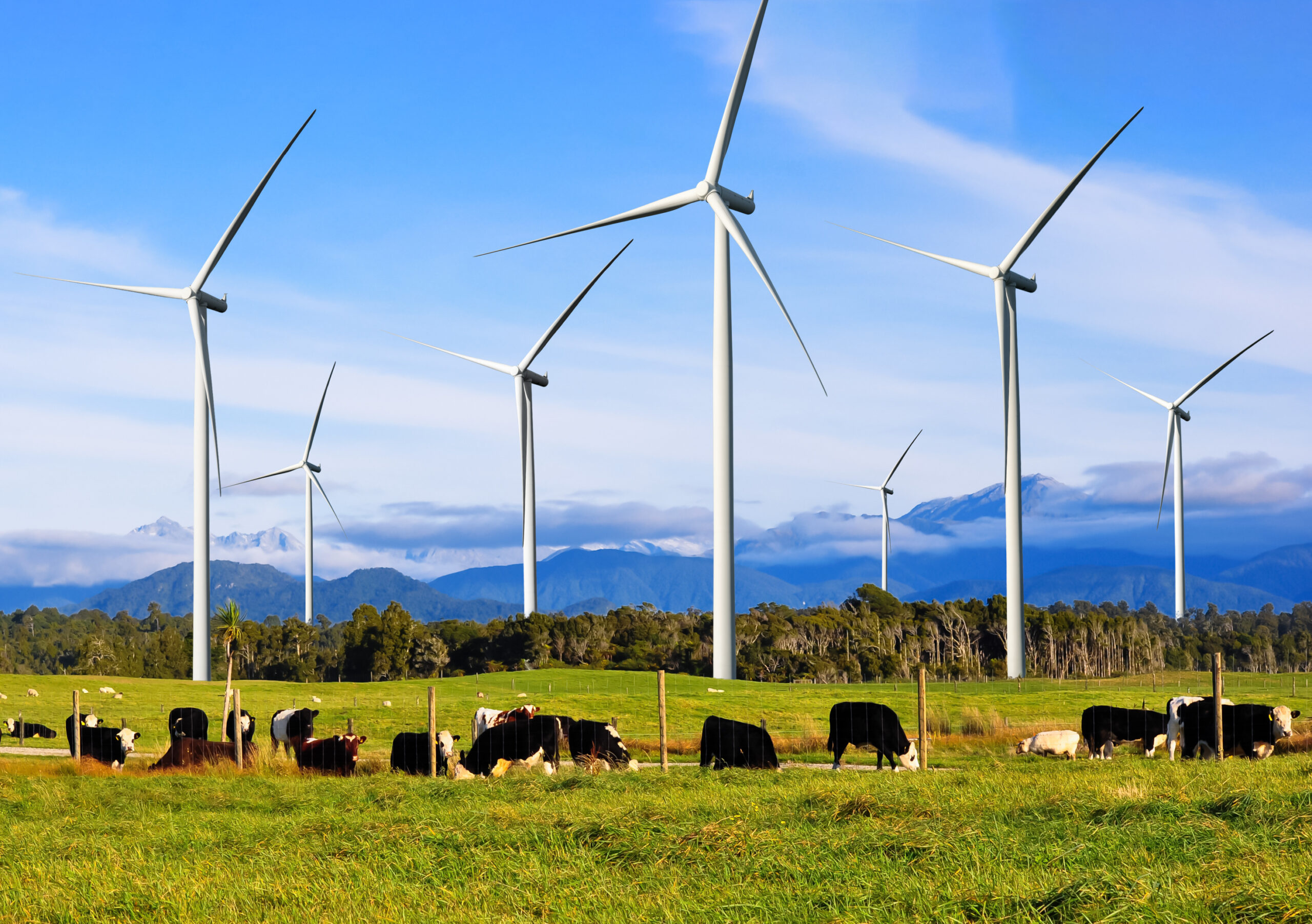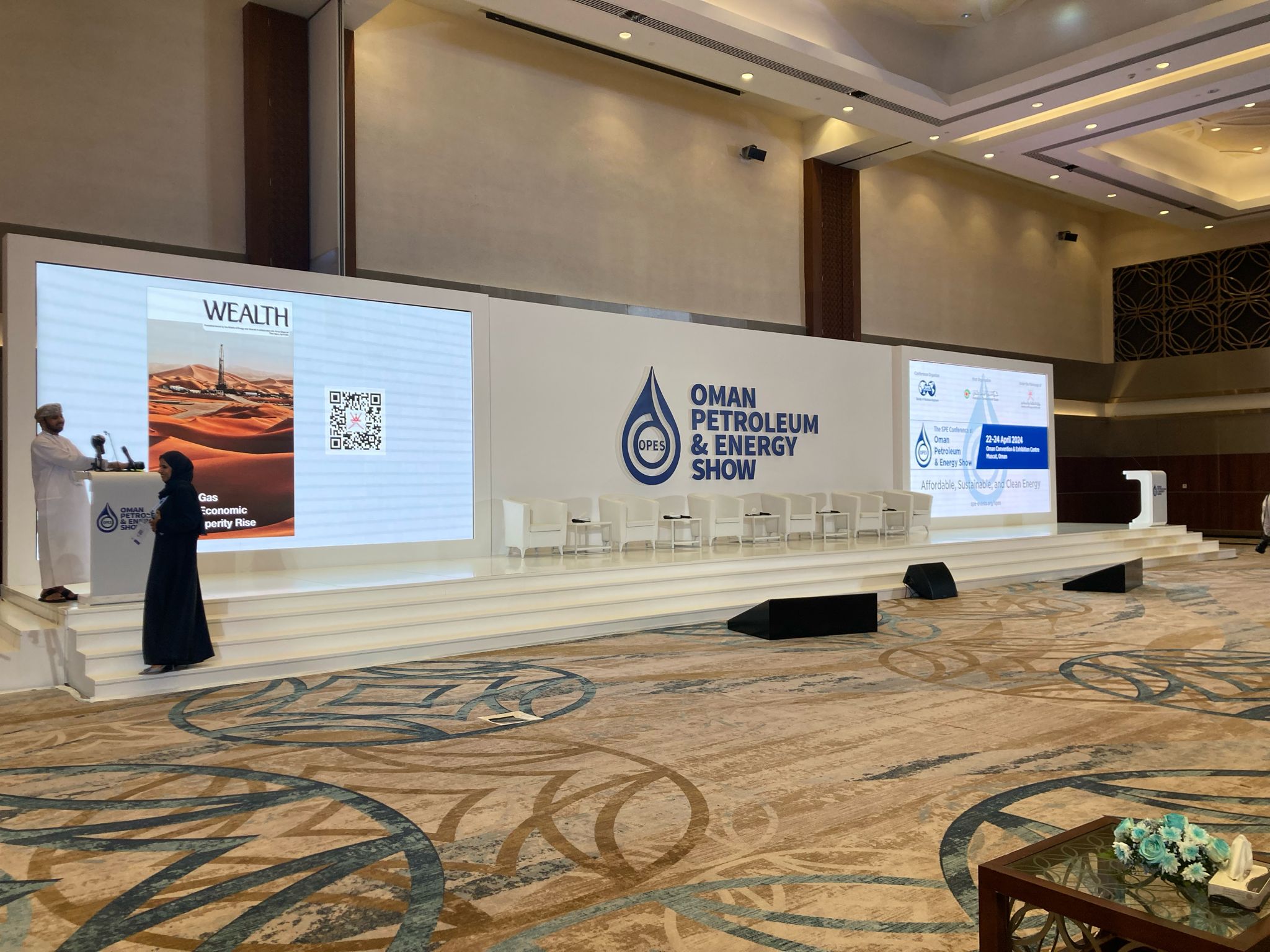Is the Ukraine war a clean energy defining moment?
BP asks in its 2023 energy outlook whether there will be a Ukraine war clean energy shift globally.

Is the Ukraine war a clean energy turning point? The Ukraine war will have “long-lasting effects on the global energy system,” said BP in its latest annual energy outlook study, adding that the conflict will help “to accelerate the energy transition”; a transition which must embrace the three pillars of the Energy Trilemma – security, affordability and sustainability in equal measure.
In the short-term, however, the oil major said in its Energy Outlook 2023, published on Jan.30th, that “a heightened focus” on energy security “will increase demand for domestically produced renewables and other non-fossil fuels.”
But BP thinks that fossil fuels will still be needed for some time. Despite lowering its gas demand forecast in 2035 by six percent, BP predicts that both oil and gas will continue to play a key role in the global energy system until somewhere between 2038 and 2042.
The British oil giant paints three scenarios – ‘Net Zero’, ‘Accelerated’ and ‘New Momentum’ – as to what the global energy system might potentially look like in 2050. In short, ‘Net Zero’ would require 95 percent emissions reductions, ‘Accelerated’ 75 percent, while the ‘New Momentum’ pathway is designed “to capture the broad trajectory along which the global energy system is currently travelling”.
Declining role of hydrocarbons
So, which of BP’s potential scenarios are likely to have the greatest influence on the global energy system?
Professor Jon Gluyas, Executive Director of the Durham Energy Institute, and himself a former BP employee – decades ago – is keen to start with a caveat.
“While BP’s annual survey of global energy production is a superb document, one has to also reflect the report authors are very much products of their immediate working environment and occasionally biases shine through. That said, in terms of modelling, I think BP is right to put forward the ‘New Momentum’ scenario, which takes into account the regulatory steps governments are taking to lessen the world’s carbon footprint, as a realistic real-world trajectory for the global energy system.”
On the declining role of hydrocarbons, Gluyas does not think that BP’s forecast is “daft or disingenuous.” Multinationals “face two major pressures. One is practical. International oil companies have known for some time that there simply isn’t enough accessible, light petroleum in the ground for the companies to have the same business model now as they did in the last century and have therefore been looking to change their operating models for some time. Secondly, ESG has been a game changer in that publically-listed energy companies must be accountable to individual and corporate shareholders, who favour a more sustainable approach.”
Ukraine war clean energy shift?
But does Professor Gluyas agree with BP’s projection that the Ukraine war will accelerate a global shift to clean energy as countries boost domestic energy supplies?
Gluyas thinks that for those countries which rely upon imports of oil and gas to fuel their economies, the impact of the Russian invasion of Ukraine on their energy prices “will solicit a rethink that to improve national energy security, substantial quantities of energy need to be produced at home.”
So what exactly does this mean? Professor Gluyas believes that renewables and the cost of such renewables “now look relatively inexpensive when compared with the high price of natural gas (methane).” He adds that wind, both onshore and offshore, and solar photovoltaics are “already less expensive sources of electricity than gas or indeed nuclear fusion.” For heating too, he says that we are likely “to see an upswing in the use of geothermal, ground source, air source and possibly solar thermal and re-use of waste heat.”
He explains, “These low-carbon technologies when combined with better insulation in our buildings will deliver the energy security we desire and in time the affordability we crave without literally costing us the Earth. Some things we can affect immediately such as decoupling electricity prices from the highest cost generators (currently gas fired power stations), others like deployment of geothermal energy and improvement in the built environment will take longer. All need to be substantially complete by the end of this decade if we and other nations are to meet their avowed greenhouse gas emissions targets.”
Security challenges
However, Dr Grant Wilson, an expert in low-carbon energy system flexibility, from the Energy Systems and Data Group at the University of Birmingham, says that while moving from fossil fuels to renewables is a necessary step to improve energy security, it brings with it its own security challenges.
He explains, “BP is right to suggest that the Russia-Ukraine war could be a major tipping point for renewable take-up. However, in the case of renewable infrastructure, China is a major supplier of many critical materials for solar power panels, wind turbines and electrical motors. Therefore, accelerating these technologies could potentially mean, at least in the shorter term, at a geopolitical and a strategic level, the world is dependent on a continuing and favourable relationship with China to be able to scale deployment of low-carbon technologies. What happens if that relationship suddenly changes? That is a question that should also be factored in with a shift to energy systems that are more renewable.”
In regard to BP’s forecast that low-carbon hydrogen will have “a critical role” to play in decarbonising the global energy system, Dr Wilson thinks the most compelling future use cases are still being explored and properly defined, however.
He explains, “If one accepts that in a net-zero world there will still be energy exporting countries and energy importing countries, then supply chains need to evolve to allow trade to continue, but importantly without fossil fuels. There are still challenges surrounding the storage and transport of hydrogen, but if these hurdles are successfully negotiated, in the long-term, I would expect hydrogen to be traded by ship in the same way that thousands of terawatt-hours (TWh) of energy is traded today such as coal, LNG and oil. The big question is, whether hydrogen is shipped as hydrogen itself in some form, or whether hydrogen molecules are combined with other molecules and turned into synthetic fuels that are then more cost effective to ship.”
In the medium term, Wilson thinks that hydrogen could take the place of natural gas as the source of secure and flexible energy that balances the electrical grid on windless days when there is little direct sunlight to generate power. “For the UK we need some form of energy to ride through back-to-back days during wind troughs.” He says that “batteries and other forms of short to medium term energy storage” are useful here, but “are limited in terms of their energy content”. He adds that they will “need to be replenished and supported” by TWhs of stored energy contained within the UK’s national boundaries.
While there is a growing sense that heating homes with hydrogen directly needs to compete on cost, safety and emissions with electrified forms of heating, Wilson thinks that as natural gas is gradually phased out of the UK’s energy system “hydrogen could be utilised as an energy balancing vector to support electrified space heating systems.”
As for hydrogen’s role in transportation, in the medium to long term, he agrees with BP that battery electric vehicles will one day dominate, but thinks that “hydrogen could potentially add value in the rail sector – “particularly where electrifying rail infrastructure is economically difficult to justify.”



